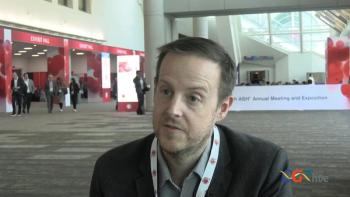
The associate professor at Peter MacCallum Cancer Centre discussed case study research from the center and possible contributions to the case.

The associate professor at Peter MacCallum Cancer Centre discussed case study research from the center and possible contributions to the case.
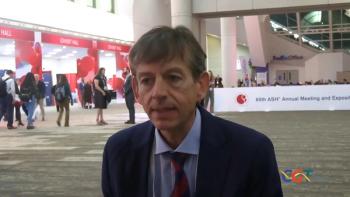
The professor of hematology at University of Lille and chair of LYSA shared updated data from the TRANSCEND-FL trial.
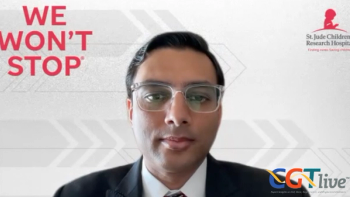
The bone marrow transplant physician at St. Jude Children’s Research Hospital also discussed the recent approval of exa-cel.
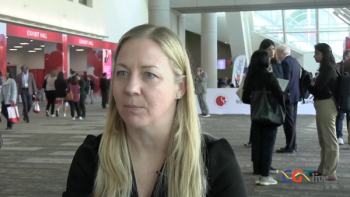
The medical Director and interim co-Chief Medical Officer at Seattle Children's Therapeutics discussed complete data from the PLAT-03 feasibility trial assessing SCRI-CAR19 and CD19t T-APCs in B-ALL.
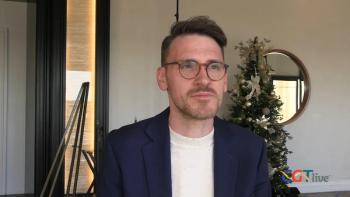
The postdoctoral researcher at Laboratory for Translational Cancer Immunology, Ludwig-Maximilians-Universität München, discussed an analysis of female and male patient outcomes after axi-cel therapy.
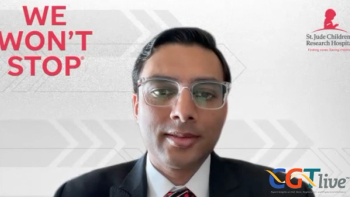
The bone marrow transplant physician at St. Jude Children’s Research Hospital discussed an analysis of the sickle cell disease gene therapy he’s presenting on at ASH’s 2023 meeting.
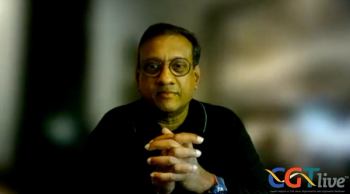
The president and head of R&D at Taysha Gene Therapies discussed the early clinical evaluation of TSHA-102.
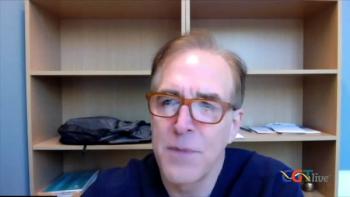
The associate professor of dermatology at Stanford University discussed his experiences investigating and helping to develop Vyjuvek, approved for treating DEB.
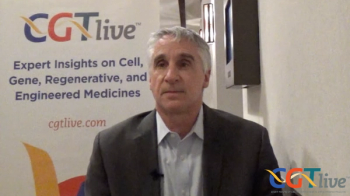
The director of cell therapy and transplant at Penn Medicine discussed the seminar he gave at the inaugural Cell Therapy for Autoimmune Disease Summit.

The assistant professor at MD Anderson Cancer Center discussed ongoing trials at MD Anderson and the TROP2 target for cell therapy.
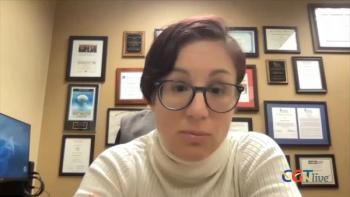
The director of the Adult Sickle Cell Clinic and associate professor at University of Alabama Birmingham discussed the anticipated approval of the first gene therapy for SCD.
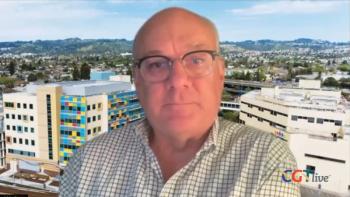
The professor in residence of pediatrics at University of California San Francisco discussed factors that will limit the potential first approval, including access and policy.
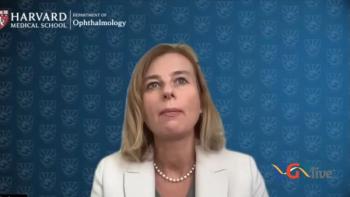
The associate professor of ophthalmology at Harvard Medical School discussed early results from a phase 1/2 trial from Mass Eye and Ear and partners.
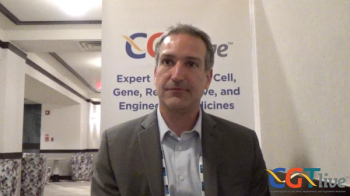
The senior vice president and head of research at Kyverna Therapeutics discussed the company’s investigational CAR-T therapies, KYV-101 and KYV-201.
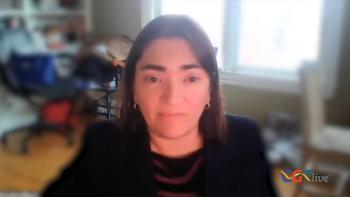
The Associate Professor of Medicine at Harvard Medical School discussed upcoming research and strategies to combat present hurdles in the treatment field.
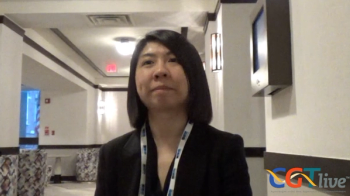
The vice president of discovery at GentiBio discussed the panel she participated in at the inaugural Cell Therapy for Autoimmune Disease Summit.
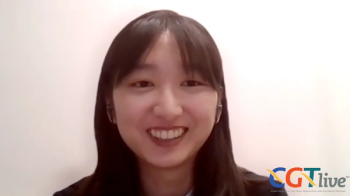
The life science research professional at Stanford University discussed preclinical research she presented at the American Heart Association’s Scientific Sessions 2023.
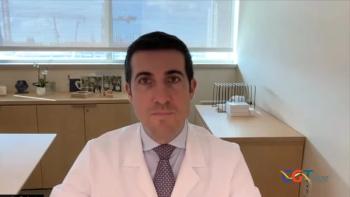
The associate professor of clinical ophthalmology at University of Miami discussed potential future areas of investigation for gene therapy in ocular diseases.
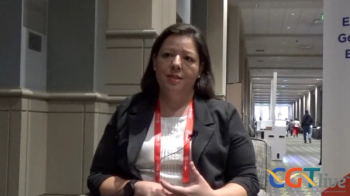
The research associate at the The Texas Heart Institute discussed preclinical research she presented at AHA’s 2023 Scientific Sessions on MSC-derived exosomes.

The chief research officer of the Muscular Dystrophy Association discussed the need for disease-modifying therapies in other muscular dystrophies and programs the association has announced to this end.
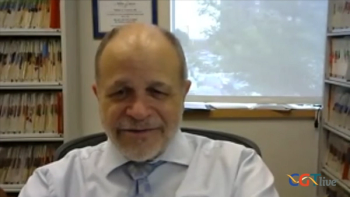
The codirector of the MDA Clinic and professor of neurology at Johns Hopkins discussed the importance of continuing to fight for progress with older patients with SMA.
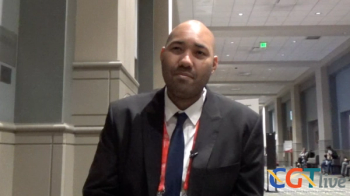
The postdoctoral research fellow at Cedars Sinai Medical Center discussed the future of RNA therapy in the context of research in systemic sclerosis he presented at AHA’s Scientific Sessions 2023.
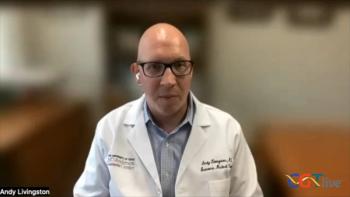
The associate professor at MD Anderson Cancer Center discussed his future outlook and goals for the field of sarcoma.
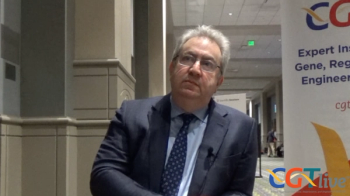
The director of the Mass General Brigham Gene and Cell Therapy Institute shared his main message for cardiologists at the American Heart Association’s Scientific Sessions 2023.
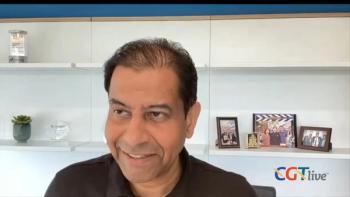
The chairman, chief executive officer, and cofounder of Ocugen discussed the recent data update on the company’s OCU400 program in inherited retinal diseases.
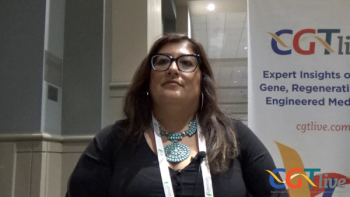
The professor of medicine at University of California San Diego discussed promising preclinical findings she presented at the American Heart Association’s Scientific Sessions 2023.
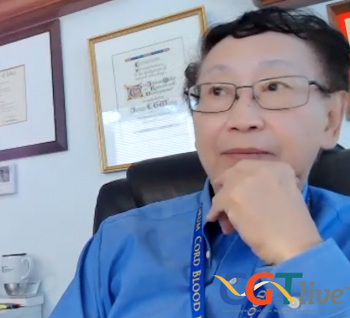
For World Cord Blood Day, the chairman and president of StemCyte discussed his thoughts on the importance of cord blood stem cells for the healthcare community.
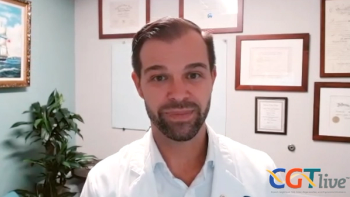
The medical oncologist at Moffitt Cancer Center spoke about A2 Bio’s A2B530 as part of a larger discussion of novel cell therapy approaches in solid tumors.
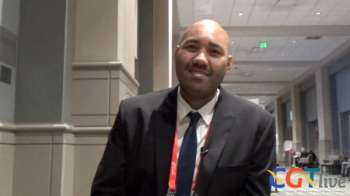
The postdoctoral research fellow at Cedars Sinai Medical Center discussed preclinical research he presented at the American Heart Association’s Scientific Sessions 2023.
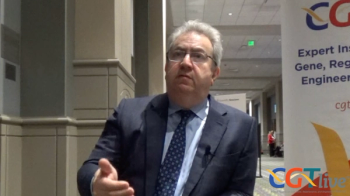
The director of the Mass General Brigham Gene and Cell Therapy Institute discussed the history and future of gene therapy in cardiology at the American Heart Association’s Scientific Sessions 2023.